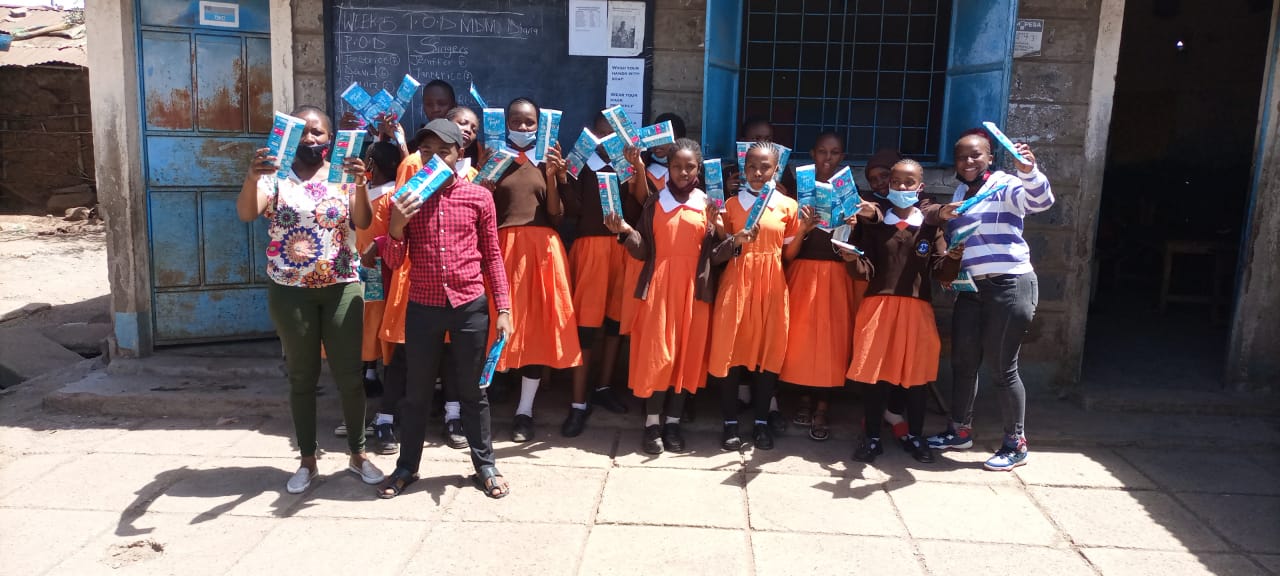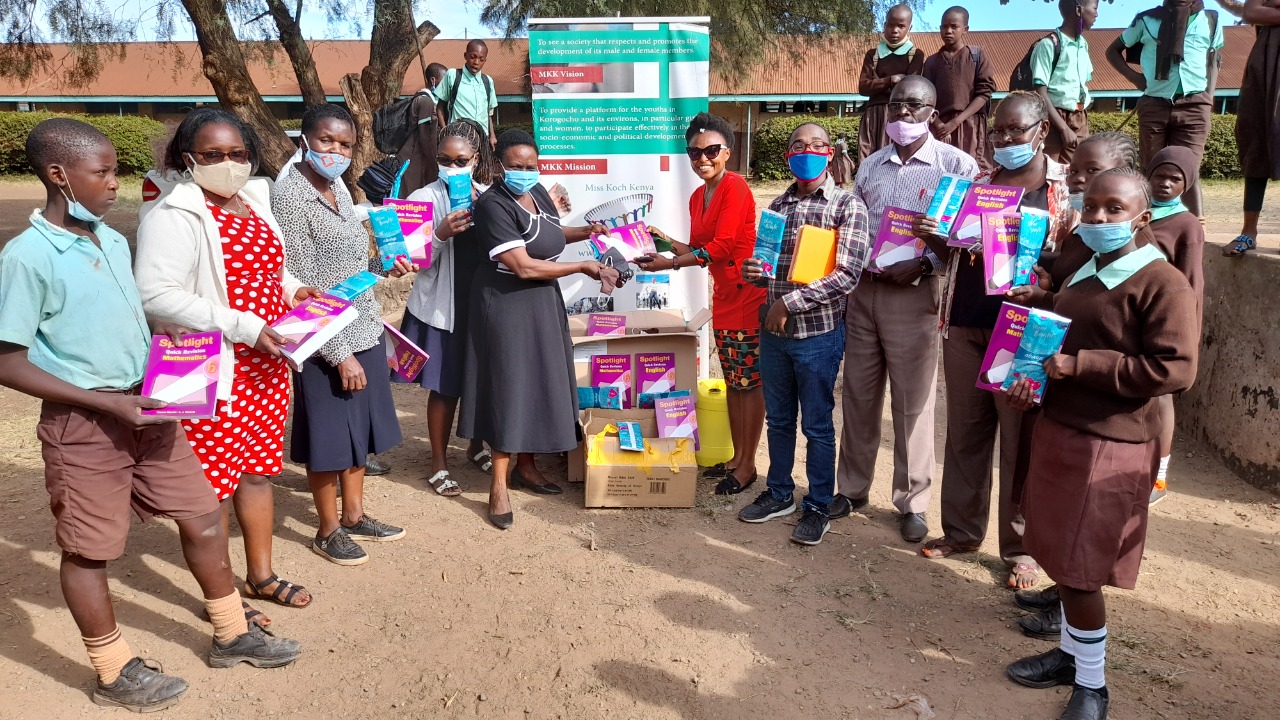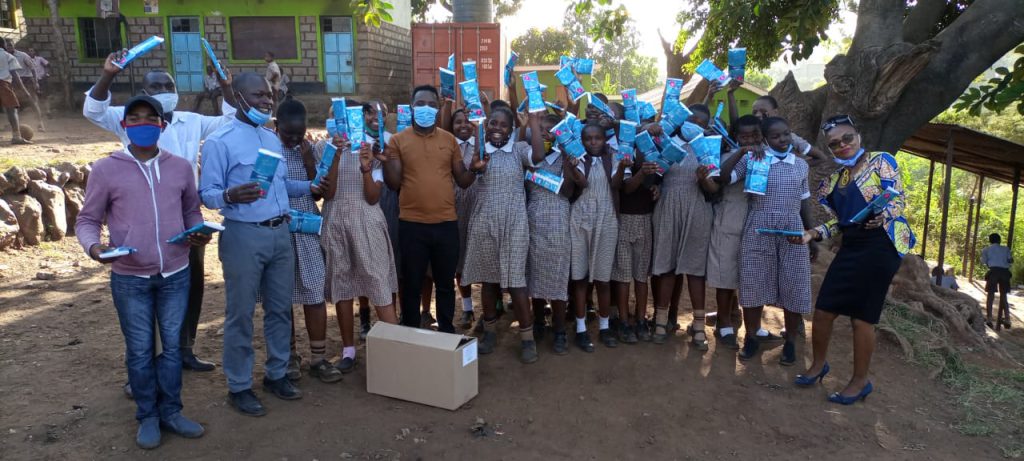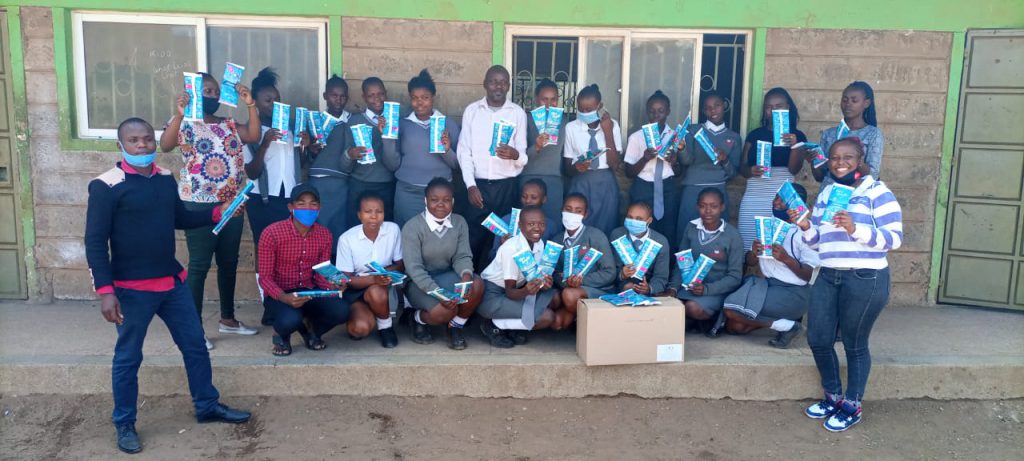Storytelling is a powerful tool for education, communication and cultural preservation. It can stimulate creativity, enhance critical thinking, and foster social cohesion among learners. Storytelling can also help learners develop their literacy and numeracy skills by engaging them in oral and written narratives that involve counting, measuring, sequencing, problem-solving, and reasoning.
In Kenya, storytelling is a rich and diverse tradition that reflects the history, values and beliefs of different communities. However, many learners in urban and rural areas lack access to quality education and learning materials that can expose them to the benefits of storytelling. Moreover, many teachers are not trained or equipped to use storytelling as a pedagogical method in their classrooms.

The Hadithi Hadithi Project is an initiative that aims to improve the learning outcomes of learners in four locations in Kenya: Majengo, Kajiado, Mathare and Kisumu. The project will use storytelling as a means of enhancing literacy and numeracy skills among learners aged 6-14 years. The project aims at making storytelling interesting by further developing stories from the communities themselves and publishing them for their readership, in brief, help the children learn from their own environment that they can relate with. It’s in partnership with The Solomundo Foundation.
The project objectives are:
– To train teachers on how to use storytelling as a teaching strategy for literacy and numeracy.
– To provide learners with books, audio-visual materials and digital devices that contain stories relevant to their contexts.
– To facilitate storytelling sessions among learners where they can listen to, read, write and perform stories.
– To document and evaluate the impact of storytelling on learners’ academic performance, motivation and attitudes.
The project activities are:
– Organizing workshops for teachers on how to integrate storytelling into their curricula.
– Distributing books, audio-visual materials and digital devices with stories to schools.
– Establishing storytelling clubs where learners can meet regularly to share stories.
– Organizing inter-school competitions where learners can showcase their storytelling skills.
The project outcomes are:
– Improved literacy and numeracy skills among learners who participate in the project.
– Improved confidence among the learners in their ability to communicate in English and solve mathematical problems.
– Increased interest and engagement of learners in reading, writing and performing stories.
– Enhanced cultural awareness and appreciation among learners who interact with stories from different communities.
– Improved teacher capacity and confidence in using storytelling as a teaching method.

Story of Change – Faith Muthoni
I have always loved stories since I was a little girl. They transported me to different worlds and made me imagine new possibilities. But I never thought that stories could also help me with my studies. That changed when I joined a storytelling club at school, there, I engaged with a story developed by other children in the community, about our community. This improved my communication skills, creativity, and confidence. I noticed that these skills also helped me in my academic subjects, especially because the Dandora Boy story has numeracy lessons entwined with the story. I could write better essays, solve problems more creatively, and participate more confidently in class discussions. Stories made learning fun and meaningful for me. Thanks to storytelling, I improved my performance in school and discovered a new passion.


